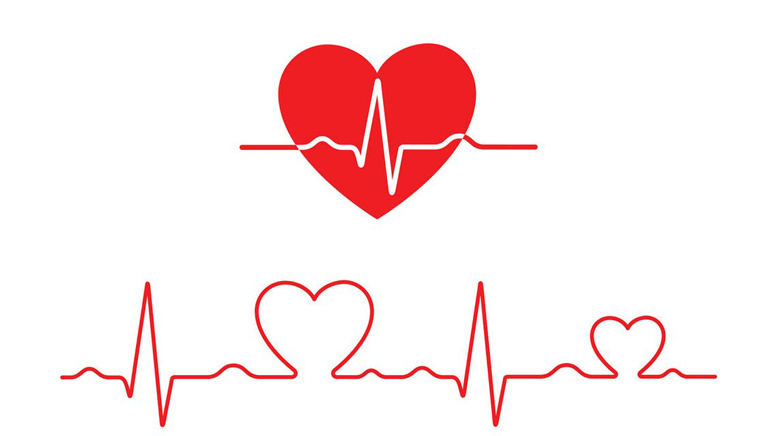If you often feel like your heart skipped a beat or beat twice instead of once, chances are that you have an arrhythmia. Heart arrhythmia, or irregular heart rhythm, describes a condition marked by abnormal muscle contractions in the heart. It occurs when the electrical impulses that control your heartbeats don’t function as they should.
Heart arrhythmia may present as premature contraction, rapid heartbeats, slow heartbeats, or erratic heartbeats. This condition is common and usually harmless, but it may sometimes cause or be a sign of a more serious problem like heart disease.
Bad arrhythmias can interrupt blood flow to vital organs in your body and cause damage. These kinds of arrhythmia can be life-threatening if left untreated.
In addition to irregular heartbeats, life-threatening arrhythmias present with a range of additional symptoms, such as chest pain and shortness of breath. Here are some common symptoms of heart arrhythmia and some causes of the condition.
You can have heart arrhythmia for years without knowing. The condition may not cause any observable symptoms. In these cases, the condition is usually found out by a doctor during routine checks or tests for other problems. Having noticeable signs is not indicative of a life-threatening doctor, but is useful to see your doctor for evaluation. Here are some common symptoms of heart arrhythmia:
Change in Pattern of Heartbeats

The most common symptom of heart arrhythmia is a change in how your heart beats. The changes may only happen once in a while and last for brief moments, or they may a constant part of your daily life.
You may feel like there’s a fluttering in your chest or as if your heart has skipped a beat or is pounding against your chest. These symptoms are usually associated with heart palpitations [1]. Your heart may beat noticeably fast. Your normal heart rate is 60 to 100 beats per minute. If the speed exceeds this, you may have tachycardia. Tachycardia is a type of arrhythmia [2].
On the other hand, your heart may beat slower [3]. This isn’t always a sign of arrhythmia, but a very slow heart rate (much below 60 beats per minute) may be. This type of arrhythmia is known as bradycardia.













